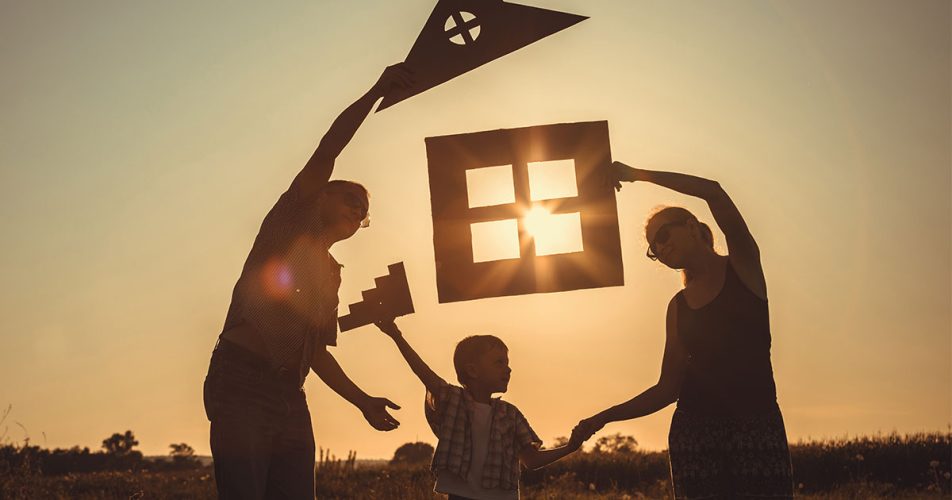Barry Shrout had already raised a family when he became a kinship caregiver to his grandchildren. He came to the UK College of Social Work Kinship Virtual Interaction Program (KIN-VIP) as a way to share his experiences and connect with other caregivers.
“My situation is kind of unique because I have four granddaughters I’m raising, and I’ve had one that I’ve had for 12 years. So, I went in really with information to be able to share with other people,” Shrout said. “Some of the people that we have that have been in the group are new to it and they have no idea what they’re in for. So being able to share my experiences and tell them what to expect or what’s coming down the road at them has been a positive for me.” Shrout said.
For people who step into the role of primary caregiver as friends or family of a child who is suddenly without a parent, acting as “kinship” caregivers creates a unique set of pressures, and community resources often fall short of meeting their needs. KIN-VIP, housed in UK College of Social Work’s Kentucky Kinship Resource Center is a virtual service initiative that connects and supports kinship caregivers across Kentucky. The online discussions are a safe space for caregivers to share their experiences with other kinship caregivers under the leadership of a peer facilitator who has experience in kinship care and group facilitation.
One of the most helpful parts of the KIN-VIP group is giving members the chance to share their successes and burdens. Experienced parents can also benefit from those conversations, especially if this is their first time as kinship caregivers.
It’s also a place to get direct feedback on difficult situations, which Shrout attributes to the group’s willingness to tackle big issues with an objective stance. “There are certain areas that you can get into where people have different opinions about the way to do things. But we’re all respectful of each other’s opinion. That’s the one thing that we have all been able to do,” Shrout said.
“I didn’t really go into it looking to try to get anything out of it for myself, but I was curious to see if there was something that could help me now. One thing that it has done is put me in contact with a lot of people, it’s opened another avenue for me.” Shrout said.






